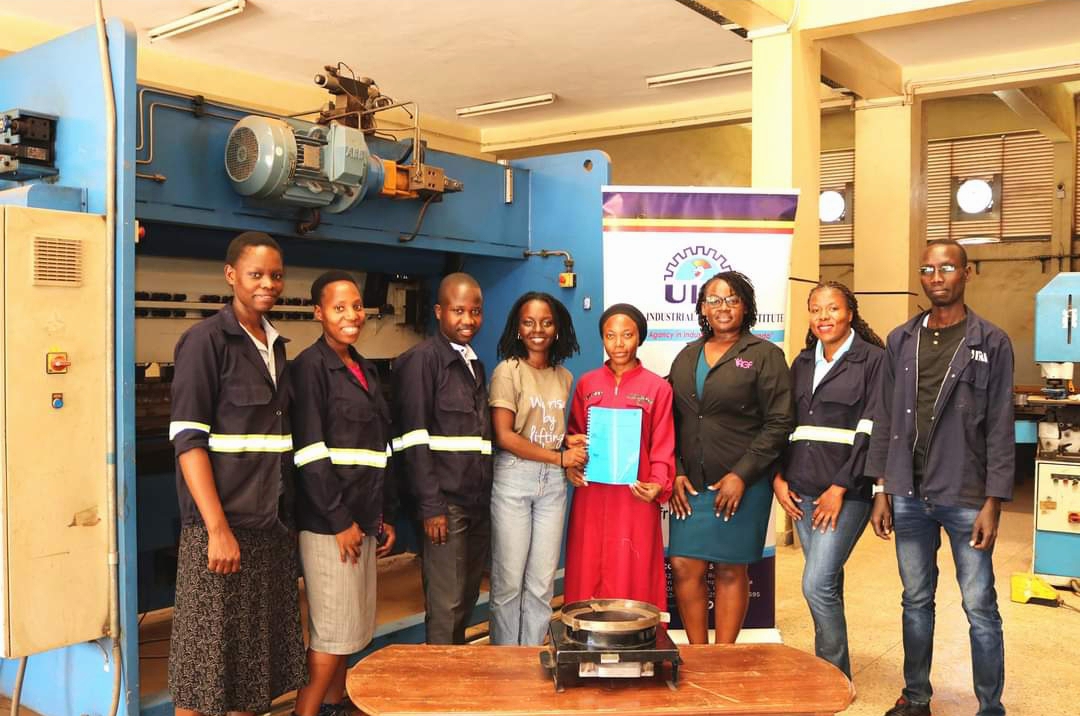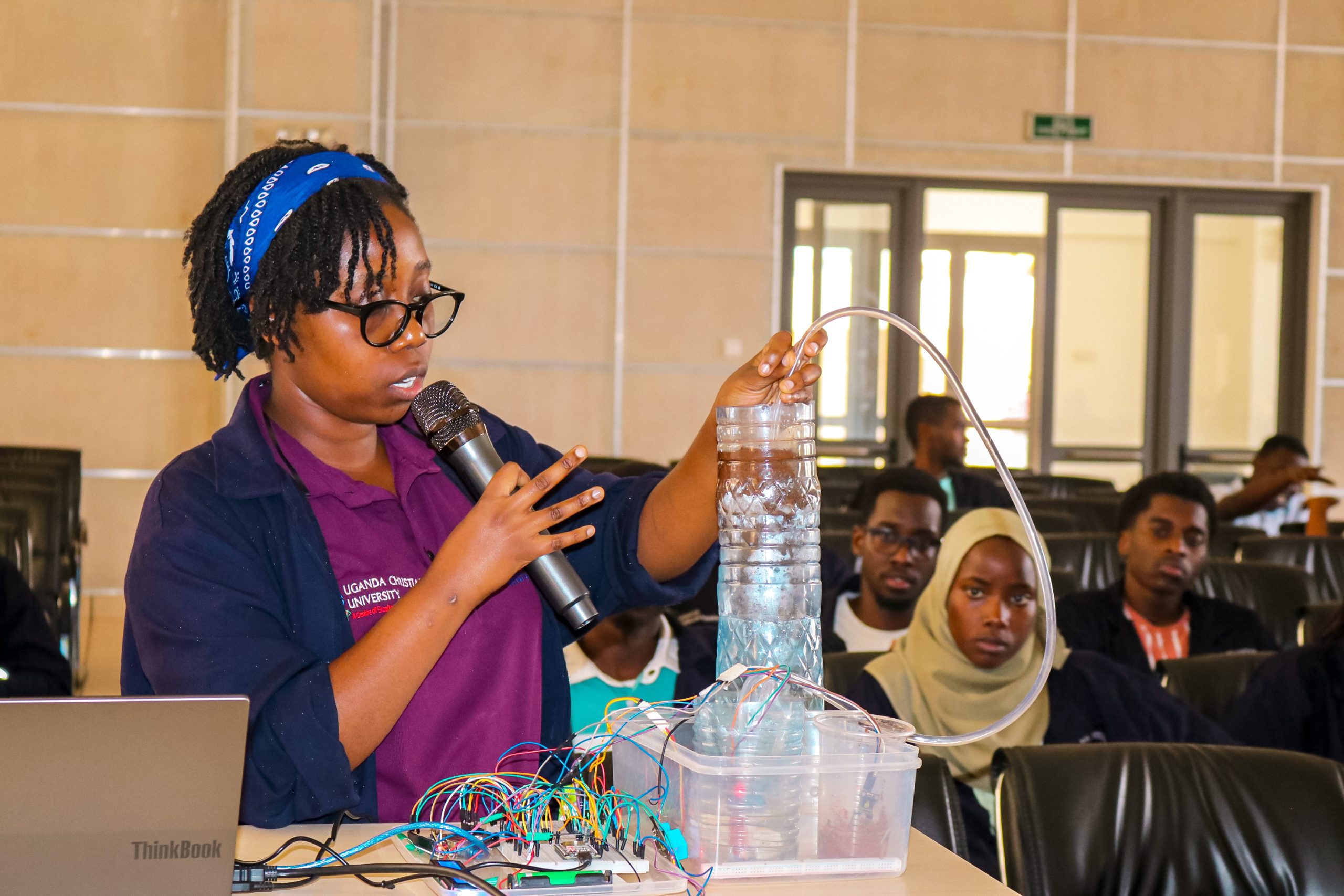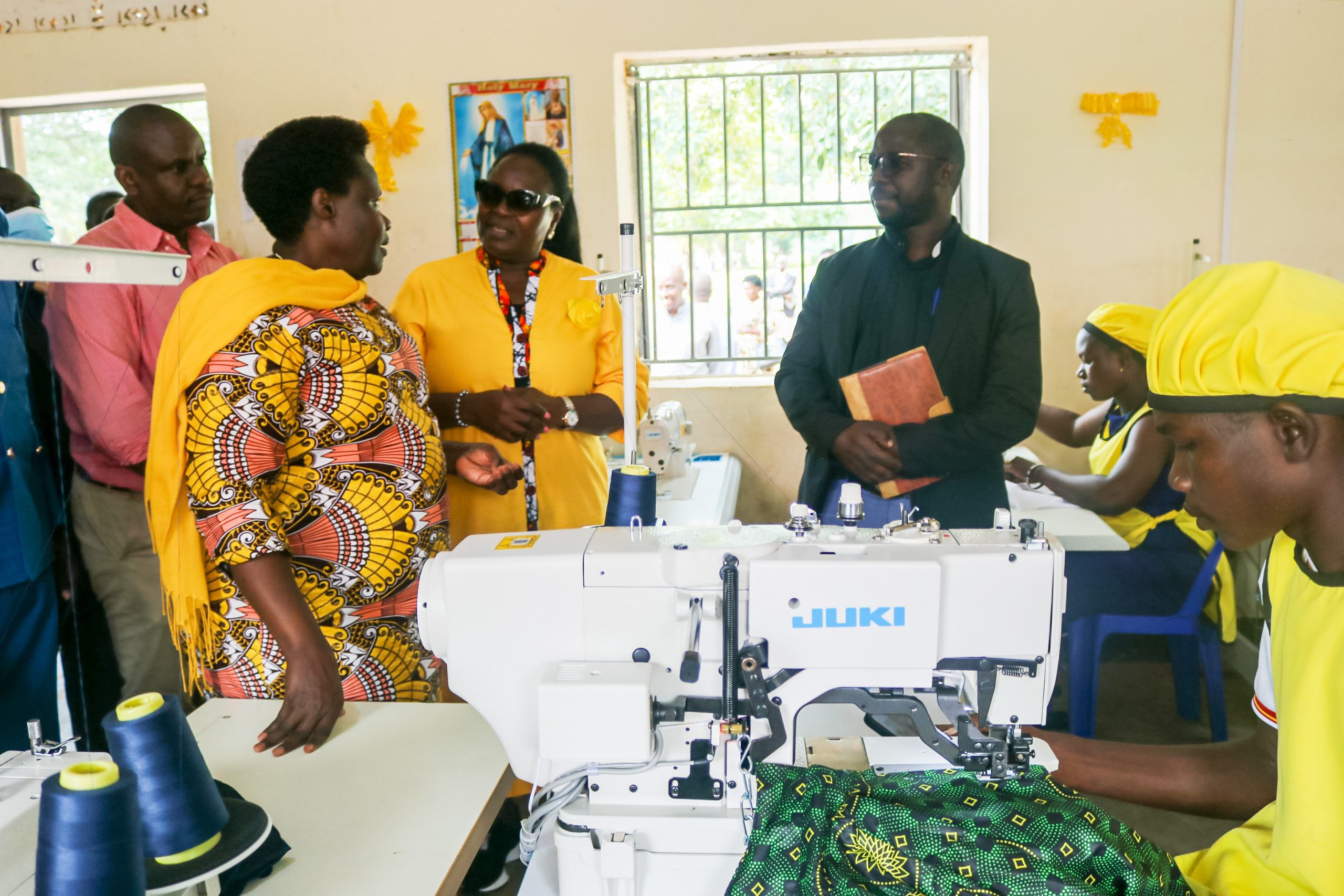Published On: JUNE 28, 2024 By: 1*MAMBO W., 2BASEMERA S., 1KITIMBO M., 2NAKIYINI J., 1KAMUGASHA D
Most households in Uganda use wood fuel for cooking and heating which poses numerous environmental and health hazards, hence leading to the desire for transition to alternative clean cooking solutions. Uganda Industrial Research Institute (UIRI) and Raising Gabdho Foundation (RGF) developed a bioethanol stove prototype for a typical household. Given the need for information on user perception and its comparison with other cooking alternatives for further improvement, this study presents a controlled cooking test which was conducted for performance evaluation of the prototype in terms of user perception, cost of cooking, and cooking time in comparison to Liquified Petroleum Gas (LPG), Electric Pressure Cooker (EPC), briquettes, and charcoal while cooking beans and ‘posho’ for a family of four people by four cooks in triplicates. Controlled Cooking Test protocol from the Clean Cooking Alliance was adapted for the study, implemented, data collected and then analyzed using trimmed welch One-way ANOVA and Tukey HSD test in ASTATSA software.
The cost of cooking using ethanol was significantly more than that for charcoal, EPC, and briquettes, but not significantly different from that for LPG. The time for cooking when using ethanol was not significantly different from that for EPC, LPG and charcoal, but it was significantly less than the one for briquettes. The bioethanol stove was easy to ignite, burnt with blue flame after regulation, cooked fast, and stable when mingling. However, it needed complete combustion at maximum stove power, reduction of ethanol fuel cost, elimination of sharp edges, and design modifications for grilling and to accommodate other saucepan sizes.
















